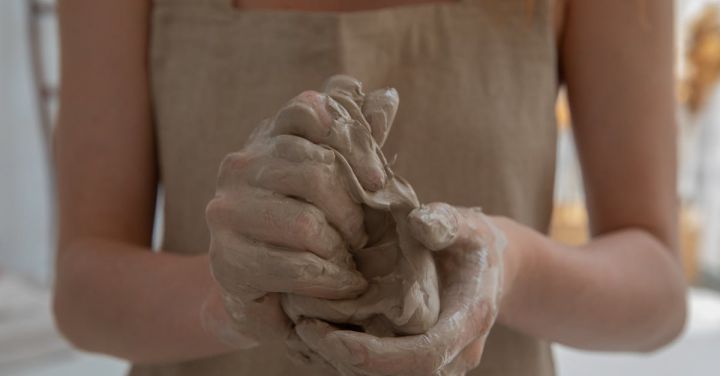What Materials Do You Need for a Diy Workshop?

If you’re someone who loves to get their hands dirty and enjoys the satisfaction of creating something with your own two hands, then a DIY workshop is the perfect place for you. Whether you’re a seasoned DIYer or just starting out, having the right materials is essential to ensure that your projects turn out just the way you envision them. In this article, we will discuss the materials you need for a DIY workshop.
1. Tools:
No DIY workshop is complete without a set of basic tools. Some of the essential tools you should have in your arsenal include a hammer, screwdriver set, adjustable wrench, pliers, tape measure, level, and a power drill. These tools will come in handy for a wide range of projects, from hanging shelves to assembling furniture.
2. Safety Gear:
Safety should always be a top priority when working in a workshop. Make sure you have the necessary safety gear, such as safety glasses, gloves, and a dust mask. These items will protect you from any potential hazards and ensure that you can work comfortably and confidently.
3. Workbench:
A sturdy workbench is a must-have for any DIY workshop. It provides a solid surface for you to work on and keeps your tools organized and within reach. Look for a workbench that is the appropriate size for your space and has enough storage options for your needs.
4. Storage:
Speaking of storage, having a system in place to keep your materials organized is vital for a DIY workshop. Invest in storage solutions such as shelves, bins, and toolboxes to keep everything in its place. This will not only make your workshop more efficient but also save you time searching for the right materials.
5. Materials:
Depending on the type of projects you plan to tackle in your DIY workshop, you will need a variety of materials. Some common materials include lumber, nails, screws, sandpaper, paint, and adhesive. Make a list of the materials you frequently use and keep them stocked in your workshop.
6. Lighting:
Good lighting is essential when working on intricate DIY projects. Make sure your workshop is well-lit to avoid any accidents or mistakes. Install overhead lights or invest in portable task lights that can be positioned wherever you need them.
7. Power Supply:
Having a reliable power supply is crucial for running your power tools and other equipment. Make sure your workshop has enough electrical outlets and consider installing surge protectors to protect your tools from power surges.
8. Worktable:
In addition to a workbench, having a worktable with a large surface area is useful for larger projects. It provides a spacious area for cutting, measuring, and assembling materials. Look for a worktable that is sturdy and can handle heavy loads.
In conclusion, setting up a DIY workshop requires careful planning and consideration of the materials you will need. From basic tools and safety gear to storage solutions and materials, having the right supplies will make your DIY projects more enjoyable and successful. Invest in quality materials and equipment, and you’ll be well on your way to creating beautiful and functional pieces in your own DIY workshop.